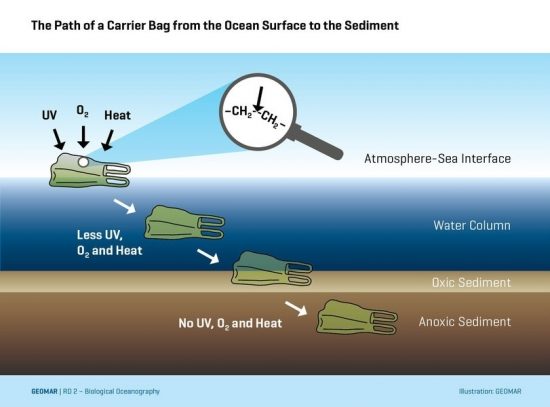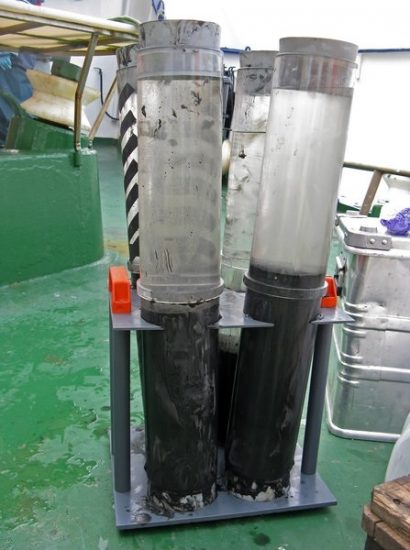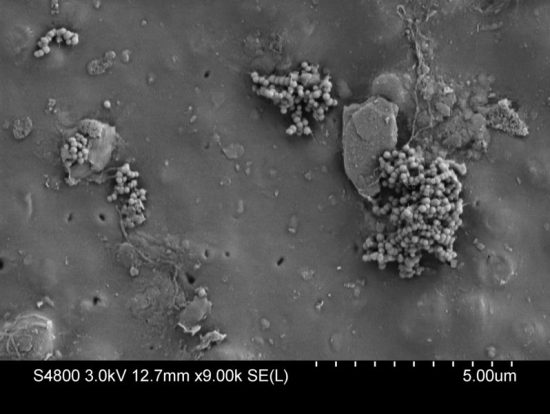




Plastic waste is now found in practically
every part of the world, from the Antarctic coasts to the ocean depths. Faced
with this dire fact of modern life, a team of marine scientists from the GEOMAR
Helmholtz Centre for Ocean Research Kiel, the University of Kiel and the
Cluster of Excellence “The Future Ocean” set out to find out how long it takes for plastics to
decompose.
They placed two common types of plastic
waste – carrier bags and biodegradable bags – in oxic and anoxic sediments for
98 days. The carrier bags were conventional polyethylene bags while the
biodegradable bags were made of compostable polyester, cornstarch and some
undisclosed ingredients. The sediment samples taken from the Eckernförde Bay in
the Western Baltic.
“In
the upper layers of these sediment samples, oxygen was still present, but not
in the lower layers. That is typical for seafloors around the world. […] These
layers also differ in the types of bacteria that live therein,” said marine biologist Alice Nauendorf, author of the
study.
After 98 days, the team examined the
plastic bags for any changes in the material composition, using analytical
methods such as high-precision weight measurements, scanning electron
microscopy and Raman spectroscopy.
Publishing their results in the Marine
Pollution Bulletin journal, the team declared that there was no change in
the material of the bags. “We found no weight loss
or chemical alteration. Therefore, no decomposition of the material is
suggested,” said Professor Dr. Tina Treude, principal
investigator of the study, who now works at the University of California, Los
Angeles.
Nevertheless, the rate at which the biodegradable
bags were colonised by bacteria was significantly faster. “We could clearly see
that the compostable bags were more colonised with
bacteria – in the oxygen-containing layers five times stronger, in the
oxygen-free layers even eight times more powerful than the polyethylene bag,” said Nauendorf.
The reason for the difference is unknown,
but Nauendorf suggested that an antibacterial substance in the polyethylene
bags could have restricted the bacterial colonisation.
Nevertheless, it is obvious from the
research that plastic degradation is a very slow process, and bacterial
colonisation does not guarantee the chemical conversion of a substance. “The study suggests that the seafloor would become a
long-term deposit for plastic waste if we don't stop polluting the seas. Future
studies have to show what impact plastic waste has on benthic ecosystems,” said Professor Treude.
Link to study: http://www.sciencedirect.com/science/article/pii/S0025326X15302277
 Mares
Mares 15th February 2016
15th February 2016